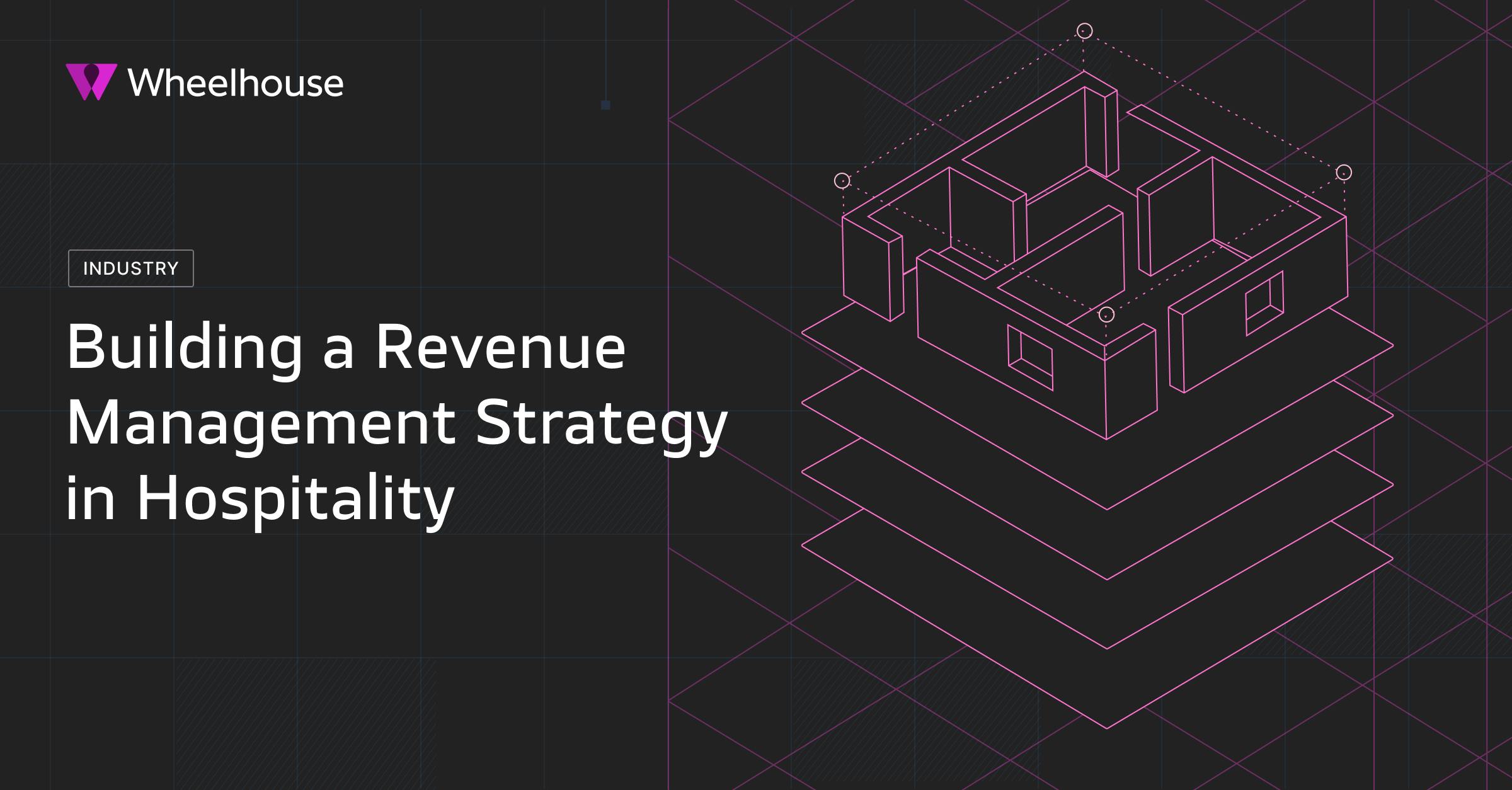Challenges to Building Revenue Management Strategies
Revenue management strategies can be highly effective. However, it’s not always a simple task to incorporate revenue management into your business.
Here are some of the challenges that businesses face when considering a revenue management system, and strategies to overcome them.
Volatility
The market is constantly changing, yet revenue management requires you to make predictions about what the market will be like in the future. If you’re not able to accurately predict market volatility, you can run into problems.
For example, consider a case where you’re running a hotel in a town known for its annual harvest festival. If you fail to remember that demand for rooms rises due to the number of tourists attending the festival, you’ll end up having to rent your rooms for your standard cost while competitors have temporarily increased their prices (and made an extra profit).
To combat all this uncertainty, it’s important to stay up to date on market changes and trends. The typical revenue management strategy will involve collecting data from past years and closely analyzing the prices of similar businesses in your area. You will need to use all these details to make an informed decision for your revenue plan.
However, even if macro trends are stable from year to year (seasonality, holidays) micro trends can change quickly due to different areas of growth, new regulations and laws, and more.
Complications
Since revenue management is all about finding times of high demand and determining how much customers are willing to pay, you have to consider many factors and think about how they all interact with each other.
For example, each of your units could have different layouts and benefits. Think about your corner unit with floor-to-ceiling windows vs your internal units. Or, the varying safety of the neighborhoods where you have different properties, which is largely out of your control.
Something small like a big storm rolling through during a holiday weekend may cause customers to change their plans, and your pricing might not correspond with the new circumstances.
Countless complications can affect pricing, from weather to local events to social media trends, and you have to stay on top of all these details if you want to make the most of your revenue management.
Time Constraints
With so many different factors influencing revenue management, you might be tempted to spend hours pouring over data and experimenting with different pricing strategies. However, it’s important to remember that revenue management is supposed to be a cost-effective strategy.
You’ll also need to keep in mind that your strategies are often time-sensitive. You may need to act fast if you want to avoid missing certain pricing opportunities.
To make the most out of your time, using revenue management software can collect, organize, and analyze massive amounts of data for you at an efficient rate. For example, the Wheelhouse Pricing Engine analyzes 10 billion data points every night to provide real-time insights to power your business.
Changes Over Time
The hospitality industry is always growing and evolving. Things move fast in the digital age, so common business practices can change overnight. For example, it’s becoming common for hotels to add a cleaning fee to each room cost. However, there has been growing backlash against this trend, and some businesses are finding that they lose customers when they add a cleaning fee at the last moment.
It’s important to have a revenue management strategy that shifts as the hospitality industry changes. While in the past you might have made decisions based on your intuition or the expertise of a specialist on your team, these strategies are hard to duplicate, quantify, and convey.
Plus, they’re dependent on specific individuals within your organization, so making any changes or implementing these ideas to other parts of the team can be a struggle.
This is why documentation and articulation is so important: you can create organized, repeatable strategies for successful revenue management throughout your organization.

